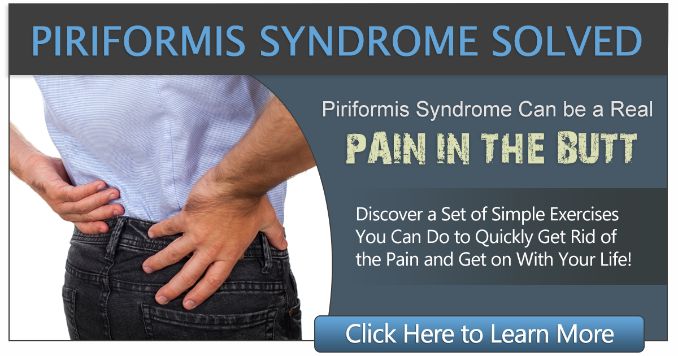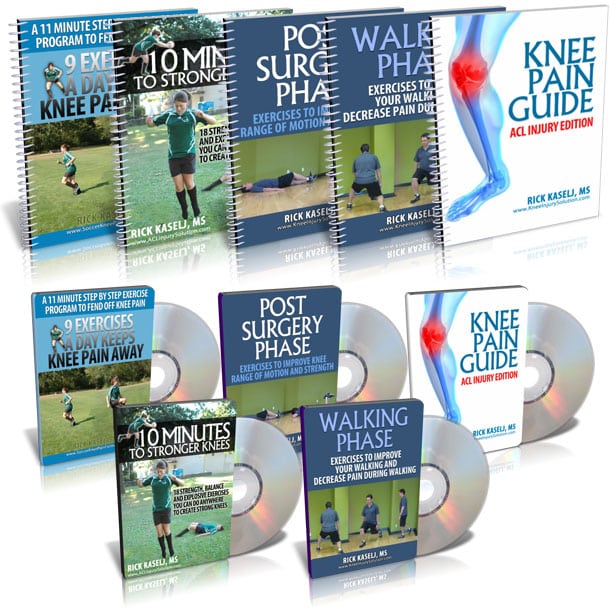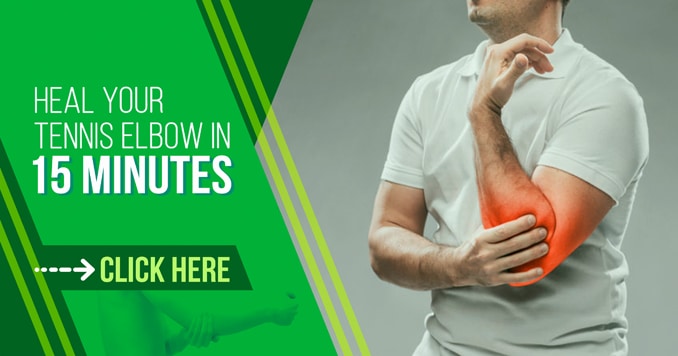
I am off to Windsor. If you have no idea where that is, it is beside Detroit but in Canada. I am heading there to present to a group of fitness professionals on, you guessed it, injuries. This includes a one-day intensive course called Optimal Injury Recovery.
This will be an excellent start to a hectic few weeks of travel and teaching. I am also teaching in Vancouver, San Diego, and Edmonton. Before I left, I needed to clean up my email box and answer a few questions. Let me share a few questions that I got.
AR, I remember you. Well, before I get to the first question, make sure to watch Jedd Johnson’s video on some of the tactics he used for his elbow and forearm pain:
Should I Get Your Program?
Hello. I don’t know if you remember me but a while ago I messaged you about piriformis syndrome. I wasn’t diagnosed with that yet but I should get an MRI approval tomorrow. After a long walk I lay down and my leg starts twitching where my glutes are at. I have sciatica but no back pain. Should I wait for my approval for the MRI to purchase the piriformis program?
– AR
Yes, I feel the Piriformis Syndrome Solved program will help you.
More critical than getting my program is you need to start doing something to help with your injury. CLICK HERE to watch the YouTube video.
AR, I am not picking on you. I have seen it many times, someone waiting for an MRI for a rotator cuff injury before doing anything. They get the MRI, and the doctors say it is not surgical, and all that time has passed when the person could have been working on improving their injury, but they waited for the MRI.
Getting an accurate diagnosis through a physical assessment and diagnostic tests is essential. However, an important question to ask your doctor is, “Will a positive result change if what I do is not surgical?”
In many situations, the answer is “No.”
Getting a diagnosis provides a foundation for what exercises to do and not to do. Plus, it will rule out anything more serious. Getting input from other health and fitness professionals can help with the solution, but the biggest thing is to do something for your injury now.
Regarding disability management research, the longer one waits for treatment, the longer the injury will be. In my opinion, treatment is not going to appointments but doing stuff you can at home and the gym.
All I can say is to get a diagnosis, find out what you should do, and take action. We all want someone to fix us, but the best person to improve your injury is yourself.
Sorry, I Don’t Speak Physio.
I am a rugby trainer. Where I come from we are not that advanced in sports medicine. My rugby team, who is about to start their season in a week, has a couple of players with knee injuries (suspected ACL tears and partial tears).
Most of these players will never play rugby after this year so the physio has advised good strengthening, and getting them to play with strapping.
Would you be able to help out with developing programs for these players, or would any of your resources on knee injuries be useful? If so could you advise which one?
I am a conditioning coach and not a physio so will not understand too many medical terms. Would you have any easy to use program that I can do for my players with ACL injuries?
Eagerly look forward to your reply.
Thanks,
B
B, great to hear from you.
I honestly think Knee Injury Solution will give you a good start.
The program focuses on athletes and active individuals, and many exercises focus on ACL prevention and recovery. I have it set up as an ebook and easy-to-watch videos. I have kept things easy to understand and not technical.
If you need any other help when it comes to setting up a program for your players, I am more than happy to help.
Have a great season, B.
How to Get More Referrals?
Good Afternoon Rick,
I’ve been networking with different health professionals starting this year. However, I’ve had trouble establishing relationships with Physiotherapy Clinics effectively. Do you have any quick words of wisdom you can pass on to me? And as well, I had someone ask me, “Why would people refer clients to Kinesiologists instead of a Physiotherapist?” I partially answered the person’s question but I didn’t fully answer it because I am still quite new in this field. Besides the obvious, would you able to shed more light on this?
Thanks,
—
MS
Thanks for the email.
Building relationships with physical therapy clinics are no different than any relationship. It involves giving, helping, and time.
I would strongly suggest listening to these two interviews:
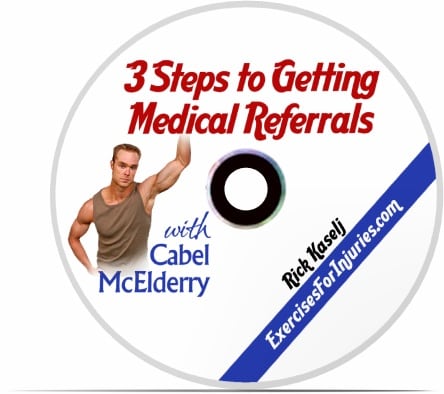 |
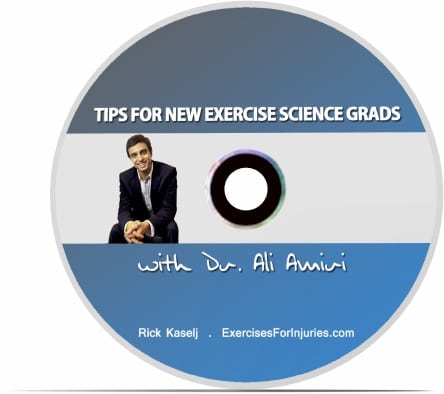 |
| Click here to go to the interview. | Click Here to go to the discussion. |
MS, I want to reply, “Why should I refer to a physical therapist compared to a Kinesiologist?”
I would focus on the unique skills and talents you have. Please don’t say I do personal training, exercise rehabilitation, ergonomics, disability management, functional capacity evaluation, etc. I focus on “I help people with injuries with exercises. Then I can meet you at my gym, gym, or home, whichever is convenient for you.”
How do you differ from a physical therapist: “I work with people that are finished with physical therapy and are working themselves back into the gym or the sport. I work with the physical therapist and build on what she has done regarding your injury. Plus, I help people in the gym focus on exercises that will help their injuries and not worsen them.”
I hope this makes sense, MS.
Listen to the two interviews; they will help a lot. Plus, focus on the things you are good at.
Fixing Elbow Pain
Here is Jedd chatting about the Fixing Elbow Pain program we put together.
This is what Jedd was talking about:
Just note that today is the last day of the release discount for Fixing Elbow Pain. If you want to check it out, you can here.

